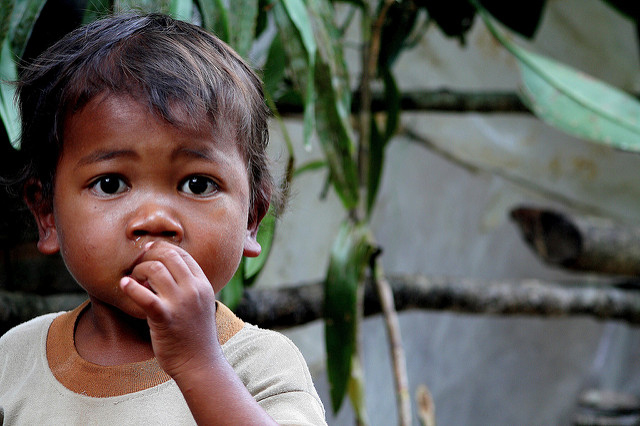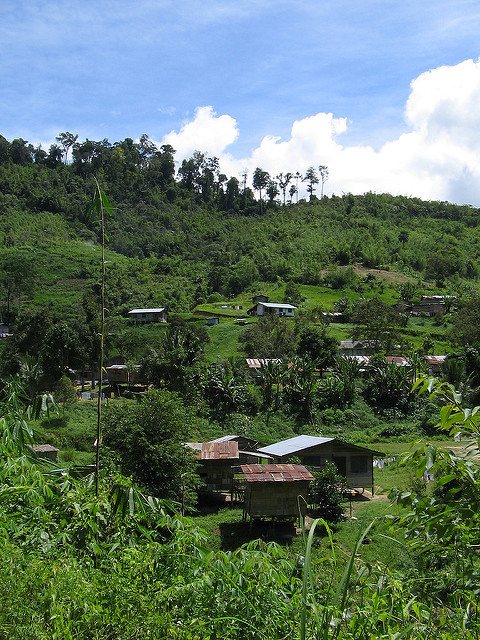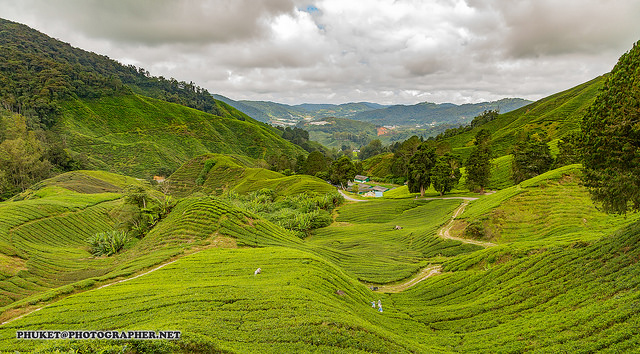On November 30, the Election Court in Malaysia declared the results of the 14th general election last May in the Cameron Highlands district to be void due to corrupt practices. The High Court agreed on December 13 and a by-election was scheduled for January 26. The winner of the Cameron Highlands seat in parliament for the Barisan Nasional party, Datuk C. Sivarraajh, didn’t appeal the decision of the court. Of the 32,000 voters in the Cameron Highlands, a sizeable minority, about 6,000, are Semai.

The Malaysian media has been filled with news stories regurgitating opinions of the different parties, particularly the BN and the winning coalition, the Pakatan Harapan, a fair number of which mention the Semai and reiterate the needs of the Orang Asli for better government support. However, a couple news articles published last week in the last days before the election did have some interesting things to say about the Semai.
The reporter for one news story interviewed the BN candidate, Ramli Mohd Nor, who is himself a Semai. He expressed optimism that he will have the vote of the Orang Asli people in the district. He denied that his supporters desire handouts from the government. He said those attitudes are patronizing. The news story quoted the candidate: “Respect and appreciate them. They do not need handouts of any form. Do you see them nagging and begging?” he said about his fellow Semai.

He added in his interview with the reporter that the Semai “believe in voluntarism, and that explains their willingness to help us in this by-election.” He said that he does not approve of handouts, which foster bribery. He didn’t explain how the lack of decent roads into the Semai communities, commented on by other observers, related to evil government handouts or bribery.
The 61-year old former police officer is the son of a Semai man from the Cameron Highlands and a Temiar woman from Gua Musang in Kelantan. One of the issues he is campaigning on is what he says is an unacceptable level of illegal immigrants in the plantation sector of the district. Their presence requires “special security attention,” he told the reporter. The government and the BN should work together to solve the immigrant problem. He also touted the efforts by the BN government while it used to be in power to protect the environment.
Another news story about the by-election published on January 19 covered the issue of difficult road access to remote Semai communities. The journalist writing the article plus two colleagues decided to cover a campaign event in Kampung Ulu Tual, a community that has gained some notice for its innovative learning center for Semai children.

The journalists were warned that while road access is not too bad, little or no internet service is available there. The 35 kilometer road into the community took an hour and a half in a four-wheel drive to negotiate and, more seriously, the phones could not receive signals. Many of the Semai were busily snapping photos of the visitors—they were excited about the sudden fame of their community—but one of the villagers, T.N. Alagesh, explained to the journalists that they could take pictures anywhere but they had to go to the next village to upload them to the internet. How far was that? An hour away by road.
Ermin Alok, a 44-year-old man, said that most of the villagers have phones but they usually leave them at home, normally taking them out only when they are planning to leave Ulu Tual. He said that everyone knows there are some spots in some of the villages where one can get signals, even though they may have to walk a few kilometers to get them. But normally they only use their phones to place occasional calls. He was surprised that the group of journalists had come to visit and warned them that if a vehicle has a breakdown along the way in or out, it can be a very long walk to get help.

Kamal Bad Ding, from another village in the Cameron Highlands, said that when his sister was bitten by a snake, her husband tried to save her by taking her on his motorcycle out for help but she died on the way to the hospital. If that community had had decent road access and an effective telecommunications network, her death might have been prevented. The roads are so bad into some villages that even four-wheel-drive trucks cannot make it through. He urged the government to improve the roads into the villages.
And Farez Lalak said that it is often necessary to walk or ride around on a motorcycle holding a phone in the air and watching it to see when or if it is receiving a signal. He too emphasized the poor condition of the roads in the region.
On Saturday evening the Election Commission reported unofficial results of the by-election. The BN candidate, Ramli Mohd Nor, defeated the PH candidate 11,381 to 7,182, with a few hundred votes cast for a couple independent candidates.